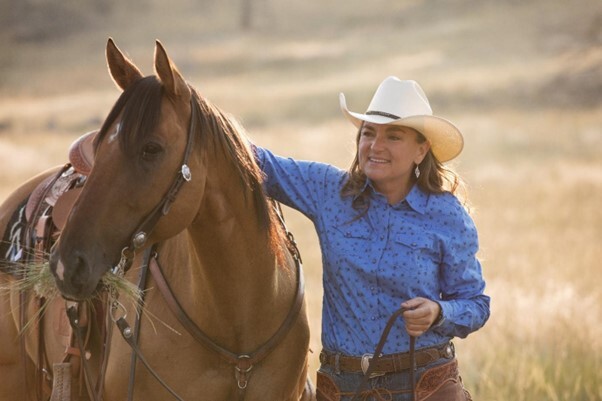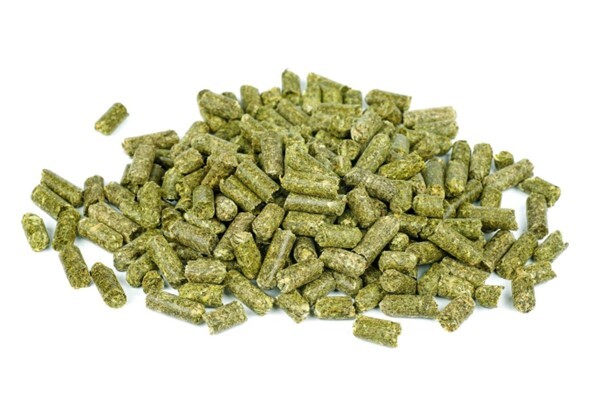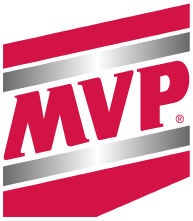Feeding your horse is not just a regular task—it's necessary for your equine companion's overall health and well-being. From maintaining a shiny coat to ensuring strong hooves and sustained energy, proper nutrition plays a huge role. With many feed options available, choosing the best horse feed suitable for your horse's specific needs can be daunting.
This guide aims to simplify your decision-making process based on your equine's requirements, including whether it is a high-performance athlete or a senior companion.
Why Proper Equine Nutrition Is Essential for Horse Health
A balanced diet is the cornerstone of a healthy horse. Without the appropriate balance of fiber, energy, protein, and essential vitamins, horses may experience a range of health issues, including:
- Dull coat
- Poor muscle tone
- Fatigue
- Digestive disturbances
Just as humans have individualized dietary needs, horses require nutrition plans that consider age, activity level, and health status.

Different Types of Horse Feed
Horse feeds are categorized to address various nutritional requirements:
- Forage (Hay and Pasture): The foundation of any equine diet, fiber-rich to promote digestive health and mimic natural grazing behaviors.
- Concentrates (Commercial Feeds): Provide additional energy and nutrients, particularly beneficial for working horses or those needing weight maintenance.
- Complete Feeds: Combine forage and concentrates, which are ideal for horses with dental issues or limited access to quality hay.
- Supplements: Targeted nutritional support, such as a horse feed for weight gain, addresses specific dietary deficiencies or health concerns.
Also Read: Importance Of Hay In Your Horse's Diet
How to Choose the Best Feed Based on Your Horse’s Needs
Every horse is unique, and their dietary needs can vary significantly. Here is how you can determine the proper feed for your horse:
Older Horses
Aging horses often face challenges with chewing and nutrient absorption. For these equines, consider:
- Best Feed for Older Horses: Soft-textured, high-fiber feeds enriched with easily digestible proteins and fats.
- Best Senior Horse Feed: Formulations include beet pulp, alfalfa, and added vitamins to support joint health, coat condition, and immune function.
Underweight Horses
Weight loss in horses can result from various factors, including stress, illness, or increased activity. To address this:
- Best Horse Feed for Weight Gain: Calorie-dense feeds that are low in starch, incorporating high-fat ingredients like rice bran and beet pulp.
- Supplements: can be added for a number of reasons as an added benefit to your horse’s overall health, well-being and to help enhance performance. Nutrients can be provided where diets are deficient due to poor quality forage. Probiotics and prebiotics can help stimulate appetite and maintain healthy digestive function.
Working Horses
Performance horses have elevated energy requirements:
- Dietary Considerations: Energy-rich concentrates balanced with quality forage, ensuring adequate protein, electrolytes, and fats to support stamina and recovery.
- Feeding Adjustments: Modify feeding regimens during intense training or competition periods to meet increased nutritional demands.

Common Nutritional Deficiencies in Horses and How to Prevent Them
Even with the best intentions, nutritional gaps can happen, especially if forage quality is poor or the diet isn’t properly balanced. Some common issues include:
- Vitamin E and Selenium Deficiency: Can affect muscle function and coordination.
- Calcium and Phosphorus Imbalance: Crucial for bone development in young horses.
- Protein Deficiency: Leads to a dull coat, weak topline, and fatigue.
How can you avoid this?
- Start with good-quality hay and clean water.
- Read feed labels closely—many commercial feeds are fortified.
- Don’t hesitate to get your forage tested or consult with your vet or an equine nutritionist.
Also Read: Right Mineral Supplement for Your Horse: A Complete Guide
Tips for Creating a Balanced Feeding Program for Your Horse
No two horses are alike, but these tips can help you build a balanced feeding routine that suits most horses:
- Weigh Your Feed: Use a scale to measure feed accurately, ensuring consistent portions.
- Introduce Changes Gradually: Transition to new feeds over a week to prevent digestive upset.
- Feed Small, Frequent Meals: Mimics natural grazing patterns and reduces the risk of colic or ulcers.
- Monitor Body Condition: Regularly assess your horse's weight and adjust feed accordingly.
- Maintain Consistency: Feed at the exact times daily to establish a routine and minimize stress.
Conclusion
Selecting the best horse feed involves understanding your horse's unique needs and making informed choices. A tailored nutrition plan is essential whether you are supporting a senior horse, aiding in weight gain, or fueling a performance athlete.
Med-Vet Pharmaceuticals is here to assist if you're uncertain where to begin. We offer a range of high-quality supplements and feeds to support horses across all life stages and conditions. Explore our specialized supplements, including horse weight gain supplements, to ensure your horse receives the nutrition it deserves. Call us today at 833-809-4848 or contact our team for more information.

